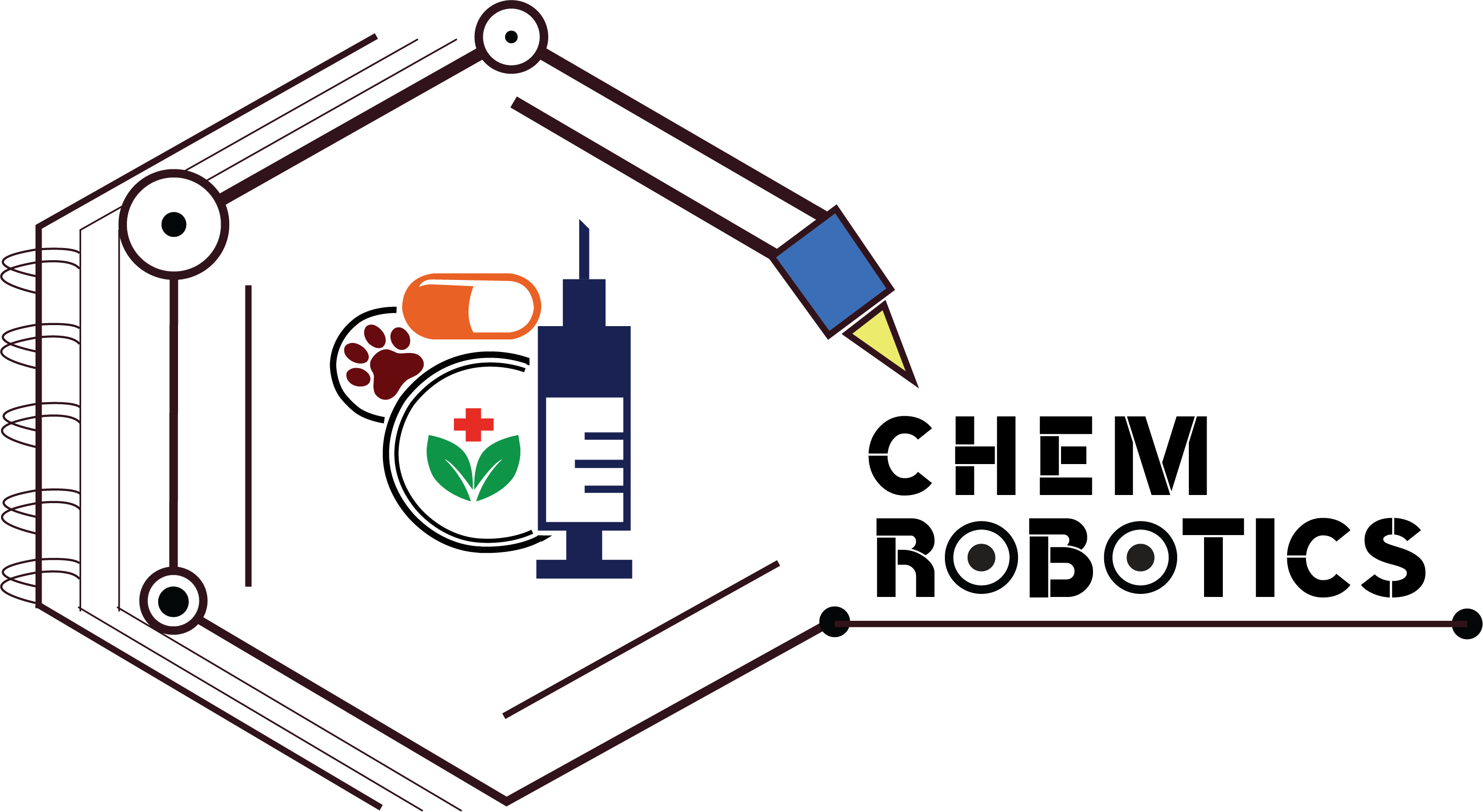An SPC cannot be granted for a medicinal product which is protected in the basic patent and already on the market – even if a new formulation of an “old” active substance of this medicinal product represents and the effect is thus improved, the ECJ ruled in the case Abraxis.
Already in December 2018, the Advocate General agreed on a strict interpretation of this question – we reported. The Advocate General took the view that the restrictive interpretation of the term ‘product’ within the meaning of Article 1(b) of Regulation (EC) No 469/2009 concerning the supplementary protection certificate for medicinal products could not be circumvented by a broad interpretation of the term ‘initial authorization to place the product on the market as a medicinal product’ within the meaning of Article 3(d) of that regulation.
The European Court of Justice has endorsed this view in its judgment (ECJ C:2019:238).
The restrictive ruling of the ECJ
In its ruling, the ECJ also explicitly addressed the political dimension for medicinal products. When introducing the ESZ regulation, the legislator did not want to favor the protection of any pharmaceutical research leading to the grant of a patent and the placing on the market of a new medicinal product, the ECJ ruled. Accordingly, only those who introduce an active substance or a composition of active substances as a medicinal product for the first placing on the market should be protected. A new formulation of an existing active substance – consisting of an already known active substance and a transport substance which has no medicinal effect of its own – cannot be regarded as a new product. This also applies if such a new formulation develops the medicinal effect with greater efficacy.
The restrictive ruling of the ECJ
In its ruling, the ECJ also explicitly addressed the political dimension for medicinal products. When introducing the ESZ regulation, the legislator did not want to favor the protection of any pharmaceutical research leading to the grant of a patent and the placing on the market of a new medicinal product, the ECJ ruled. Accordingly, only those who introduce an active substance or a composition of active substances as a medicinal product for the first placing on the market should be protected. A new formulation of an existing active substance – consisting of an already known active substance and a transport substance which has no medicinal effect of its own – cannot be regarded as a new product. This also applies if such a new formulation develops the medicinal effect with greater efficacy.
Nano coating for cancer drug Abraxan
The focus of the dispute is the supplementary protection certificate (SPC ) for the cancer drug Abraxan. Abraxis Bioscience LLC (“Abraxis”) applied for a supplementary protection certificate (“SPC”) for a combination of substances containing the active substance paclitaxel in the form of nanoparticles bound to albumin. However, the desired SPC notification for Abraxan was rejected in August 2016 on the grounds that the active substance was simply ‘paclitaxel’ and that nab-paclitaxel was, therefore, a new formulation of paclitaxel. The condition of Article 3(d) of Regulation No 469/2009 is not fulfilled since this authorization is not the first authorization for paclitaxel, as confirmed by the ECJ ruling.
The European Court of Justice ruled:
“‘Article 3(d) of Regulation (EC) No 469/2009 of the European Parliament and of the Council of 6 May 2009 concerning the supplementary protection certificate for medicinal products, read in conjunction with Article 1(b) thereof, must be interpreted as meaning that the provisions of Article 3(3)(b) of Regulation (EC) No 469/2009 of the European Parliament and of the Council of 6 May 2009 concerning the supplementary protection certificate for medicinal products, as amended by Regulation (EC) No 469/2009 of the European Parliament and of the Council of 20 June 2009, must be interpreted as meaning that the provisions of Article 3(1)(b) of that regulation are not applicable. B of this Regulation, which is invoked in support of an application for a supplementary protection certificate for a new formulation of an existing active substance, cannot be regarded as the first marketing authorization for the product concerned as a medicinal product if that active substance has already been the subject of such authorization. ”
Source: http://curia.europa.eu/juris/document/document.jsf?text=&docid=212011&pageIndex=0&doclang=DE&mode=lst&dir=&occ=first&part=1&cid=1703357


